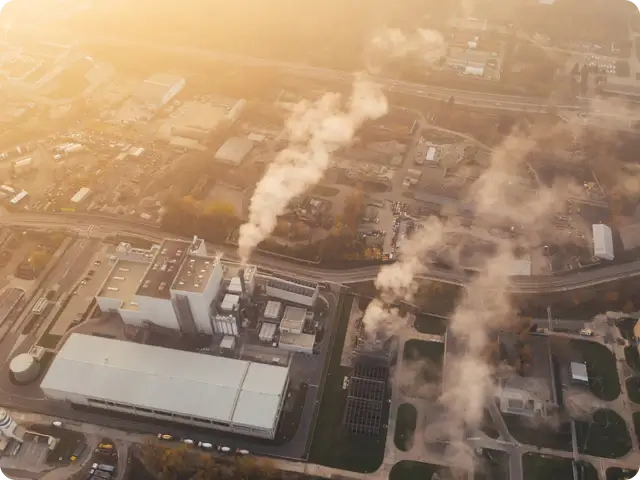As the year winds down and nature prepares for the transition into colder months, land managers and garden enthusiasts are presented with an ideal opportunity to leverage the benefits of late-year application of Supersoil microbes. These specially formulated microbial blends offer a potent solution for enhancing soil health, boosting plant vitality, and setting the stage for successful growth in the upcoming seasons. In this article, we will explore the advantages of applying Supersoil microbes during the late months of the year, shedding light on how this practice can positively influence soil ecosystems and plant growth.
1. Extended Microbial Activity
Supersoil microbes consist of a diverse array of beneficial microorganisms, including bacteria, fungi, and other microbial life. When applied late in the year, these microbes become active in the soil, even during the cooler temperatures of fall and early winter. Unlike some traditional soil treatments, Supersoil microbes remain active at lower temperatures, allowing them to continue their essential functions of nutrient cycling, organic matter decomposition, and disease suppression. This extended microbial activity prepares the soil for spring planting, ensuring that nutrients are readily available for emerging plants and that organic matter is broken down effectively.
2. Enhanced Soil Structure
The microbes found in Supersoil blends work harmoniously to improve soil structure, a benefit that resonates long after application. As these microbes break down organic matter, they create binding agents that help bind soil particles into aggregates. This process promotes soil aggregation, which in turn enhances soil porosity, water infiltration, and root penetration. By applying Supersoil microbes late in the year, you give these microbes time to facilitate the formation of stable soil aggregates that will endure throughout the winter, ultimately fostering better root growth and nutrient uptake in the subsequent growing seasons.
3. Seasonal Nutrient Retention
Late-year application of Supersoil microbes sets the stage for efficient nutrient retention over the winter. As plants go dormant and nutrient uptake decreases, the microbes in the soil continue to process and store nutrients, preventing them from leaching away due to winter rains. When spring arrives and plants become active again, the soil is primed with a reserve of nutrients, reducing the need for additional fertilisation. This not only saves resources but also promotes balanced nutrient availability, preventing excesses that can lead to environmental issues.
4. Disease Resistance
Supersoil microbes play a crucial role in bolstering plant immune systems by outcompeting harmful pathogens and promoting the growth of beneficial microorganisms. When applied late in the year, these microbes have the opportunity to establish a strong presence in the soil, creating a protective environment that inhibits the growth of soil-borne diseases. This proactive approach to disease resistance sets the foundation for healthier plants in the coming seasons, reducing the reliance on chemical interventions and fostering a more sustainable gardening or farming practice.
5. Long-Term Soil Health
By applying Supersoil microbes late in the year, you're not just providing short-term benefits; you're investing in the long-term health of your soil. These microbes contribute to the overall improvement of soil structure, nutrient availability, and microbial diversity. Over time, this results in a more resilient and productive soil ecosystem that can better withstand environmental stresses and support thriving plant growth.
The late-year application of Supersoil microbes is a strategic step toward nurturing soil health, enhancing plant vitality, and building a foundation for successful growth in the seasons to come. By harnessing the power of beneficial microorganisms, land managers and gardeners can unlock a range of benefits that extend far beyond the immediate application. As winter approaches, consider integrating Supersoil microbes into your soil care regimen to maximise the potential of your land and create a thriving environment for plants year-round.





